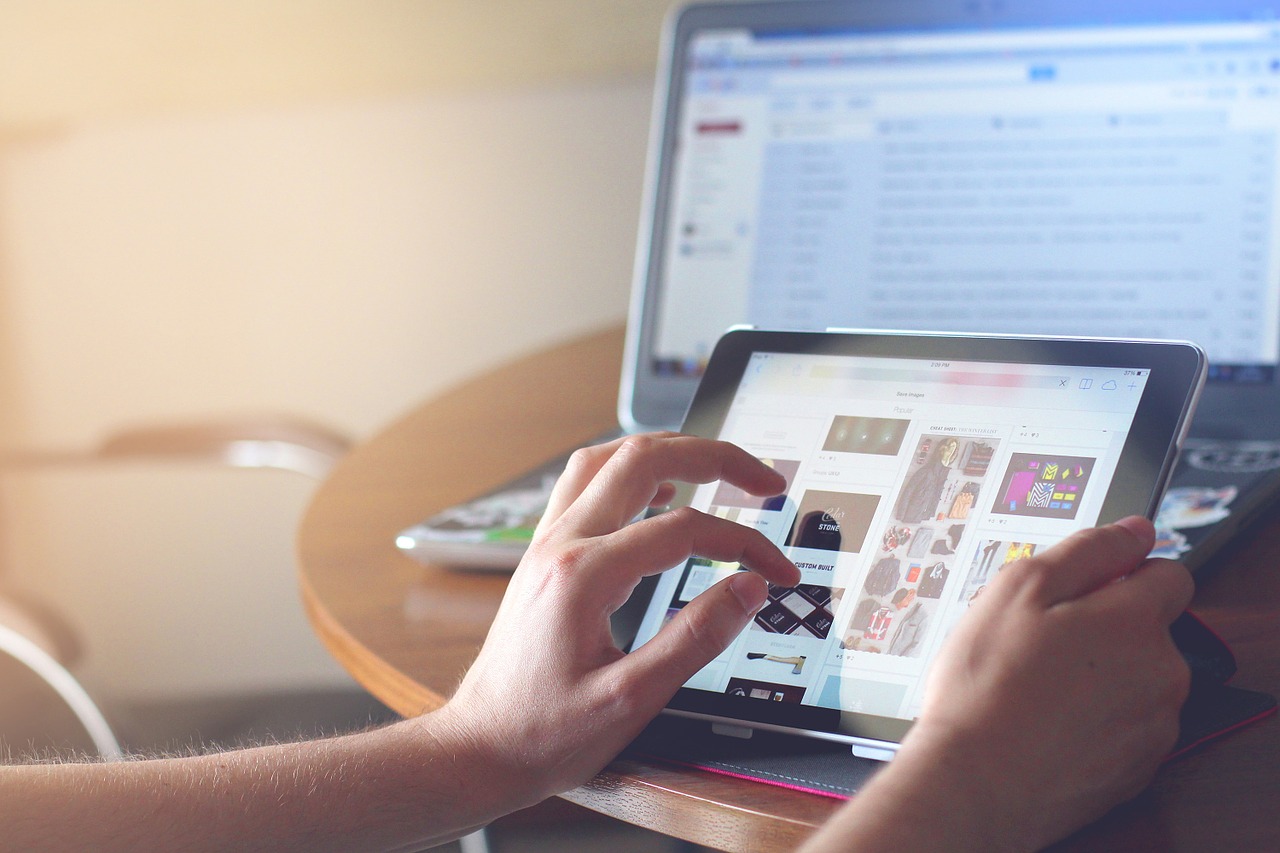Do you BYOD? If you’re like the majority of today’s employees, you probably BYOD even if you don’t realize that you’re doing it. A recently-coined acronym, BYOD stands for Bring Your Own Device: a practice that’s exactly what it sounds like.
 Employees who BYOD use their personal mobile devices—including but not restricted to phones, tablets, and laptops—for work-related purposes, both in and out of the office. This can be as simple as taking calls from clients on your personal phone after work hours or as involved as bringing your own laptop to the office every day and doing all your work on it.
Employees who BYOD use their personal mobile devices—including but not restricted to phones, tablets, and laptops—for work-related purposes, both in and out of the office. This can be as simple as taking calls from clients on your personal phone after work hours or as involved as bringing your own laptop to the office every day and doing all your work on it.
Given how many people now have at least one personal mobile device, it’s not surprising that BYOD has become an extremely common workplace practice. Back in 2014, according to a survey conducted by Tech Pro Research, a remarkable 74% of organizations already had in place or were planning to implement some level of formalized BYOD program. And even at companies with no official BYOD policy, it’s highly likely that employees are using their own devices for at least some work-related tasks.
So what do you need to know if you BYOD? Read on for some tips to help you make the best and safest use of your personal device for work purposes.
Know your company’s policy and understand its implications.
If your company does have some form of BYOD policy or program, it’s important that you review it thoroughly and understand exactly how it relates to you and your device. For example, under a company BYOD policy, your employer may be able to access your device or monitor its use, a practice that naturally has personal privacy implications. Equally disturbing, a company BYOD policy could give your employer the right to remotely wipe all files from your device in the event that it is lost or stolen.
There could also be positive implications about participating in a company BYOD program; for example, if using your personal device for work purposes is a requirement for some tasks, your employer may be obligated to reimburse you for some of your associated costs, like a portion of your monthly phone bill or the cost of an upgrade to a newer device. Finally, a BYOD policy should outline what (if anything) needs to happen to your device when you leave the company; this could range from nothing at all to your employer being entitled to wipe your device clean. Therefore, you need to make sure you understand the exact scenario.
If your company does not have an official BYOD policy, you should be aware that there may still be privacy or security implications, even if they are not explicitly spelled out. If you are unsure about using your personal device at work in the absence of a BYOD policy, you should speak to your employer about implementing some guidelines to help protect you both.
Be extra careful about privacy and security.
 If you use a personal device for work at the office, it’s important to develop good habits regarding privacy and security. This not only protects you (safeguarding you against unauthorized device monitoring from your employer, for example), it also keeps your company safe. If, for example, your device is infected with a virus, and you use it to access your company’s server, you could seriously compromise your employer’s IT systems. An unsecured personal device could also provide an easy gateway for hackers to access confidential company information.
If you use a personal device for work at the office, it’s important to develop good habits regarding privacy and security. This not only protects you (safeguarding you against unauthorized device monitoring from your employer, for example), it also keeps your company safe. If, for example, your device is infected with a virus, and you use it to access your company’s server, you could seriously compromise your employer’s IT systems. An unsecured personal device could also provide an easy gateway for hackers to access confidential company information.
To avoid such scenarios, make sure to develop good privacy and security habits. Keep your device’s privacy settings at the highest level, change your password regularly, and screen your device frequently for viruses or malware.
Use apps and tools to keep things separate.
One of the most surprising challenges reported by employees who BYOD is simply making sure that business and personal information don’t get mixed together. Fortunately, there are plenty of different apps and tools available to keep these two worlds separate. If you’re an Android user, for example, you can create two different accounts, or “user profiles,” for your phone; this lets you have a completely different setup that enables you to access different apps, information, and functions when you log in as a business user versus when you log in as a personal user. Exploring features like these can help you make the most effective use of your device while you’re at work, and by doing so, you can avoid embarrassing mistakes like accidentally e-mailing your vacation photos to your colleagues instead of the company publicity images they were expecting.
Back up your device regularly.
It’s a good habit for anyone, but backing up key data and files on a regular basis is especially important for employees participating in a BYOD program. Frequent backups will keep your personal information safe in the event that your employer needs to wipe your device. Backing up to an external source can also help you minimize the amount of personal files you keep on your device if you’re concerned about your employer monitoring or accessing your device without your permission.

